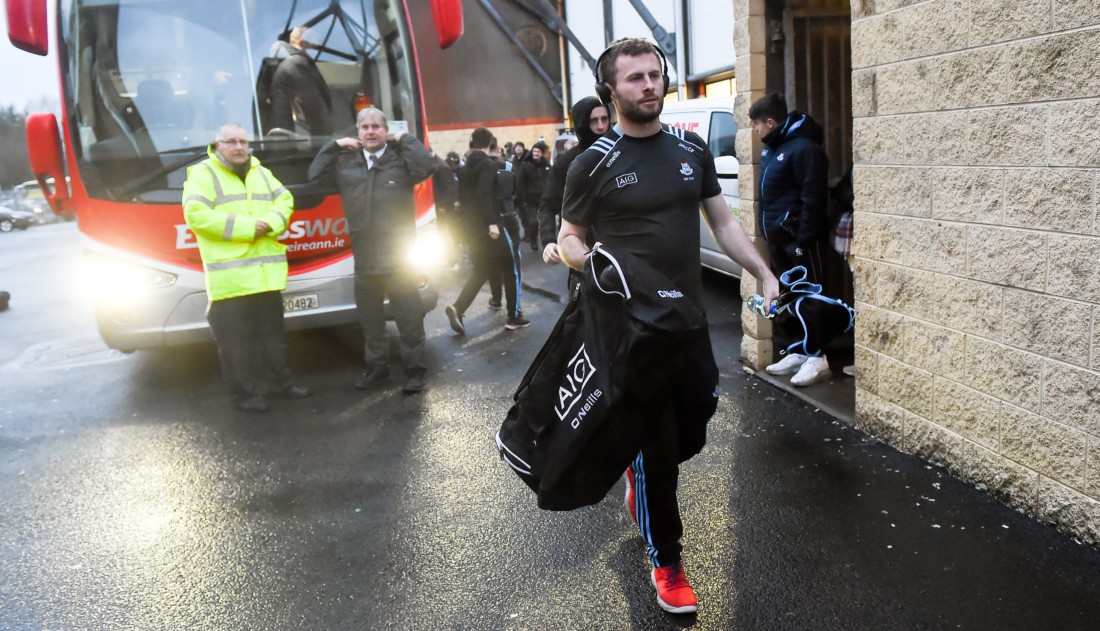I WAS over in Glasgow at the weekend attending a coaching conference. For the most part, these weekends are business development mixed with a little personal development. There are young coaches who barely look like they’re out of nappies then there are guys like myself who are 15 years plus in the game, but we all entered that conference room with a shared purpose – Come out of it as a slightly better coach.
The keynote speaker was the head coach for the Scottish Swim team. He was a part of the UK commonwealth and Olympic teams too but in the guise of the head of development for all Scottish swimmers. He told us stories about building culture at the elite level, how they plan in eight and 12-year cycles and what it takes to win at the Olympic games.
But the most interesting story that I took away was that of how he became a coach. He swam at an elite level for the entirety of his youth but was never able to make the cut for those big competitions. I decided in his early 20’s that the thing he’d been doing since he was seven years old – literally the only thing which had dictated every single decision he came for well over a decade – was no longer for him.
He was fortunate enough to have access to a sports psychologist through his swim team at the time and before fully committing to the idea of quitting he worked closely with them to make sense of his decision.
Before they looked at options for his next step, be that education, work, etc, the microscope was firmly turned inwards. He told us the psychologist asked him to think of four or five words that his friends and teammates would use to describe him.
“Easy. Driven. Competitive. Single-minded. Uh…intense maybe?.
He was then asked to choose four or five words that he would like to be known for.
It was at that point he realised why he had become so unhappy with swimming. The words that were circling inside his head were nothing like the ones he answered in the previous question.
“I wanted to say things like helpful, fun, encouraging and welcoming and I realised that who I was and who I wanted to be were two completely different people.”
As it goes, the person he wanted to become wasn’t long coming to the surface once he stepped out of athlete mode. And that person just so happened to be incredibly well suited to coaching. Add in his years of elite swimming and all of a sudden you had the perfect storm.
He went from a failed swimmer to a world class coach when he was able to take action of the gap between the person people seen and the person he wanted people to see.
So I’ll put it to you – think of four or five words that his friends, colleagues or teammates would use to describe you.
There’s no wrong answer here, but what I would suggest is if you wouldn’t take advice from the individual you’re taking your answers from then don’t put too much stock in what they’re saying. Only put weight behind the voices you value or you’ll set yourself up for a world of hurt.
Now, think about the words you’d like to be known for.
Do you want to be known as someone who lights up the room but when you walk in somewhere you’ll retreat to the corner with your head in your phone?
Do you want to be known as a leader but you struggle to live up to your own standards?
The end game here is that the answer to both questions are the same. Now you have to bridge the gap. What actions can you take that’ll make people see you as that leader, that positive ball of energy or that friendly, supportive person you’d like to be known as?
Receive quality journalism wherever you are, on any device. Keep up to date from the comfort of your own home with a digital subscription.
Any time | Any place | Anywhere












